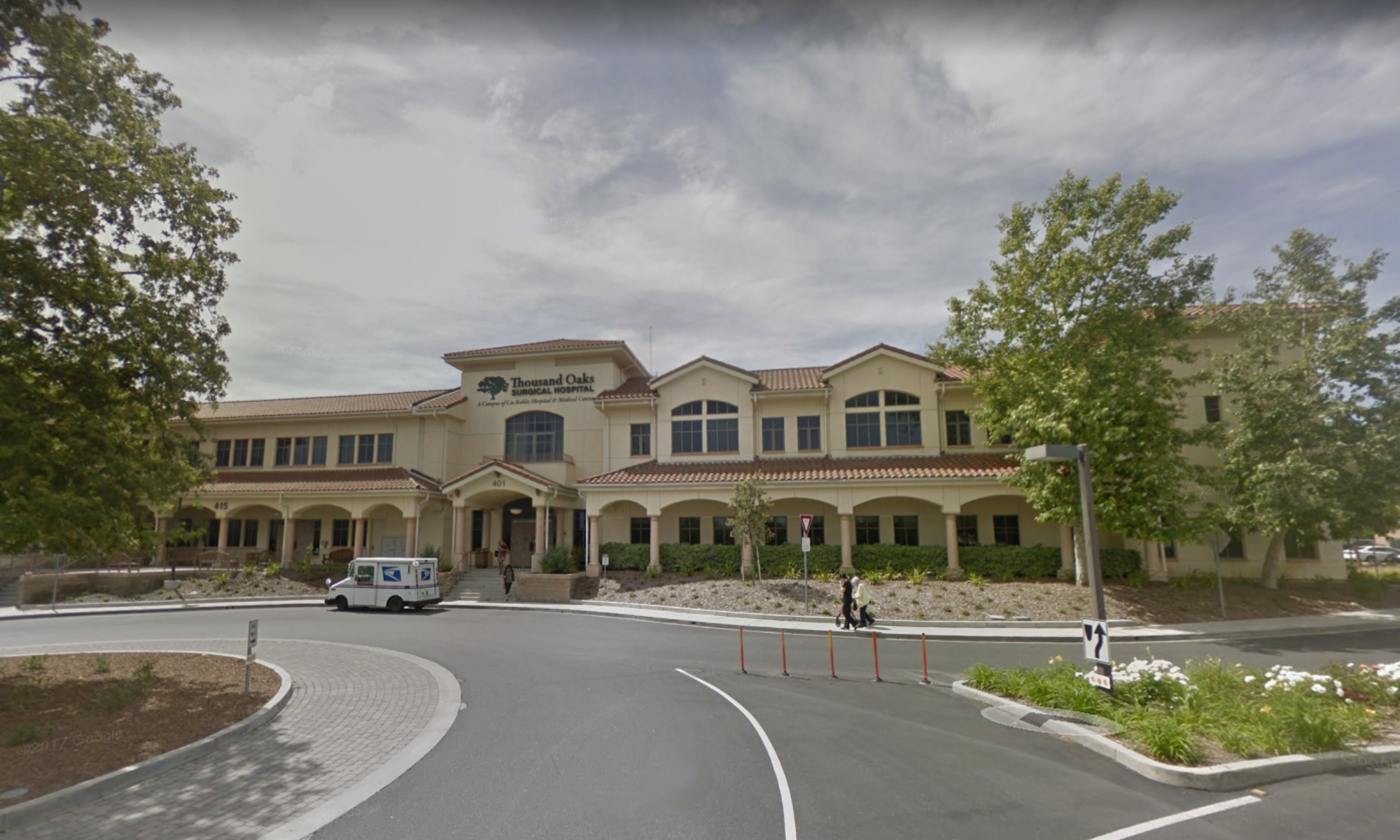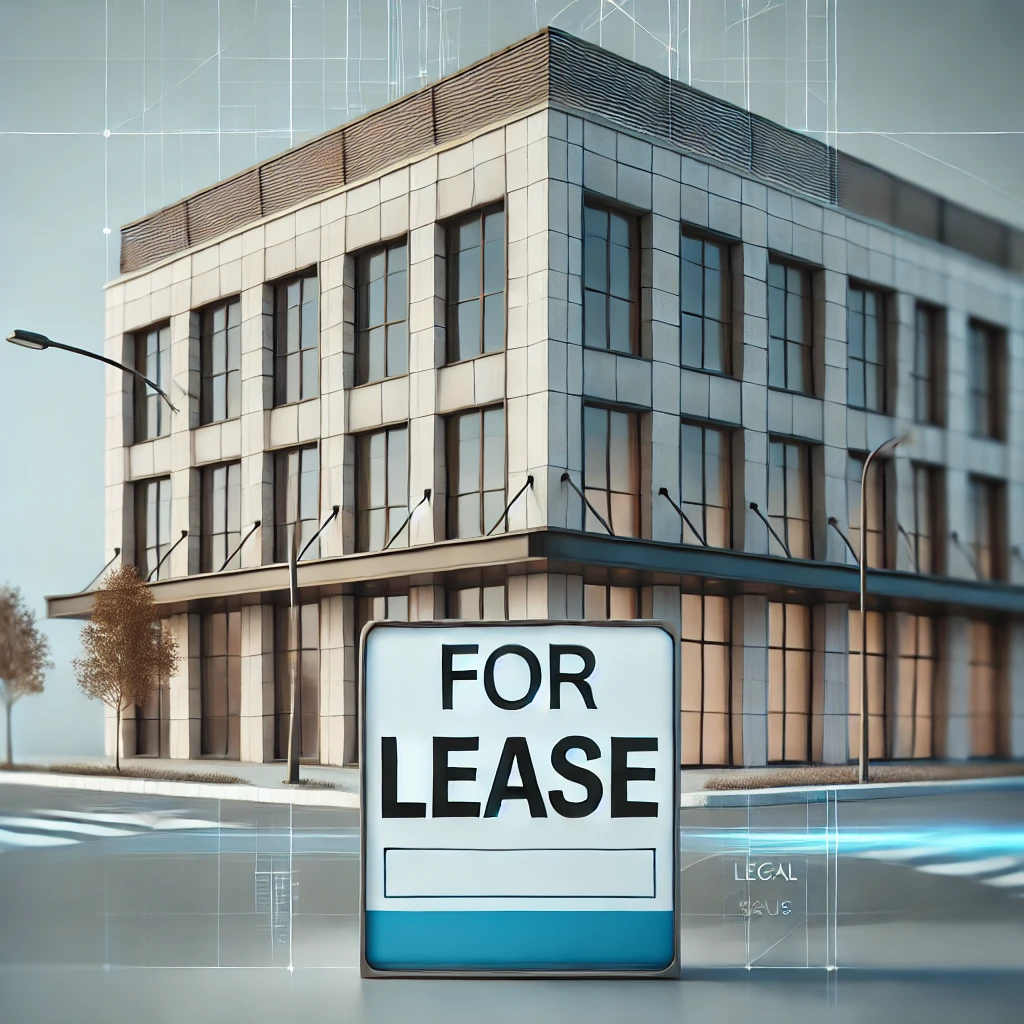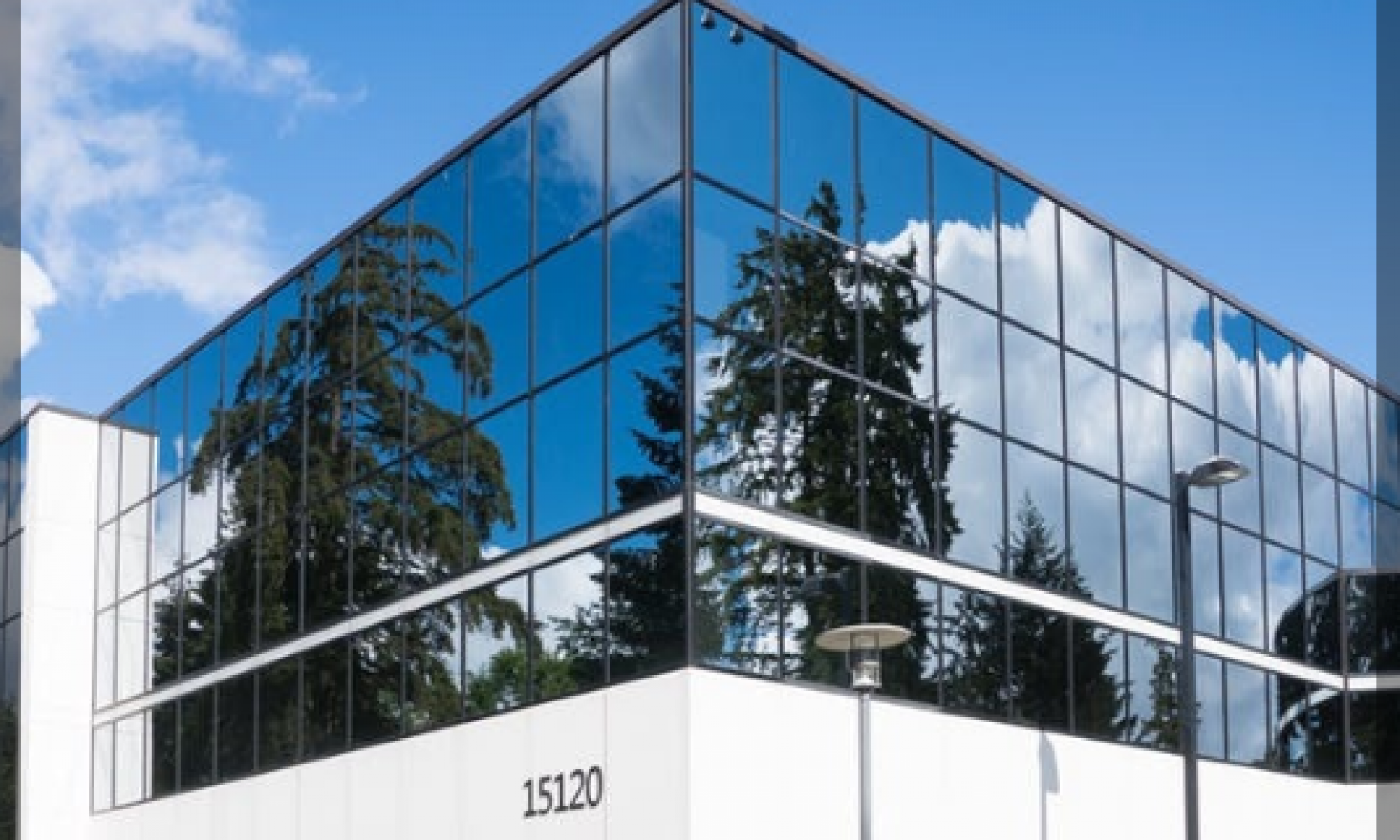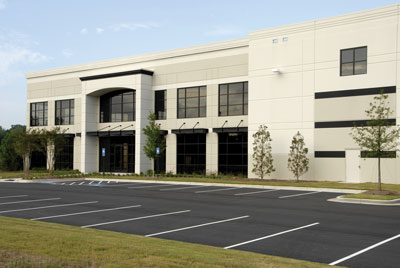I was recently hired as an expert witness to help defend a tenant that terminated their lease early. The landlord sued for millions of dollars and ended up with much less. By California law, landlords are generally required to mitigate a tenant’s lease damages by re-leasing the space using reasonable efforts. “Reasonable efforts” is kind of vague but not to me because I know practically what is needed to re-lease a space.
This type of case was already somewhat common, but COVID-19 really increased the number of these cases, as many tenants were forced to go out of business during this time. As an example, I have been involved in more than 50 of these types of cases since COVID-19 began, from about 2021 to 2023, but had only handled about 20 of these types of cases over the past 10 years before COVID-19 began.
This case was particularly complicated because of COVID-19. The State of California passed an executive order that basically allowed a tenant to remain in their leased premises for 18 months without having to pay rent. But, unless an applicable city or county ordinance also applied, this rent was still due immediately after this 18-month period in full, and most tenants couldn’t afford to pay it all at once while also keeping the rent current moving forward.
Some of the issues that were interesting to deal with were as follows:
a. Is the landlord entitled to late fees and interest during the 18 months rent was paused? The California executive orders didn’t address this.
b. The landlord marketed the property on their own for about 4 months after the tenant vacated before hiring a broker. Would the court accept this even though the landlord was not as experienced or connected as a local qualified broker would be?
c. There was a clause in the lease that basically stated that if the tenant defaulted on the lease in any way, the tenant would have to pay back in full, without proration, all tenant concessions such as abated rent, tenant improvements, and broker fees. Would the court allow this?
d. The landlord could have re-leased the premises immediately to a new replacement tenant but failed to communicate to the exiting tenant (my client) that this replacement tenant required the trade fixtures for the deal to happen. These trade fixtures were permitted to be taken out by the existing tenant (my client) and were worth hundreds of thousands of dollars. Was the landlord at fault for not communicating with the outgoing tenant (my client) about the trade fixtures, which my client would have left in the premises if all parties had agreed upon a deal for the new tenant? If this deal had been finalized with this new replacement tenant, the landlord and my client would not have had to waste time, money, and energy on an expensive lawsuit.
e. When a new lease was eventually signed in 2023, the new tenant received 12 months of free rent for the first year of the term in lieu of any improvement allowance or other tenant concession. Was the outgoing tenant (my client) responsible for reimbursing this 12-month rent amount to the landlord?
The above were just some of the complicating factors of this case. I also conducted a full lease audit and found the landlord was overcharging the tenant for their share of expenses and identified some errors in the lease that favored my client.
Once I wrote my expert report and was deposed by opposing counsel, the case settled about a week before the trial was to begin. I could tell that I knew much more about this type of case than both attorneys involved. My expert report and deposition caused the case to settle, and I’m pretty sure it wouldn’t have settled otherwise, as the parties didn’t like each other much.
If you are an attorney, a tenant, or a landlord with this type of issue, contact David Massie at 805-217-0791 or david@djmcre.com to find out the best strategy to minimize your costs.









